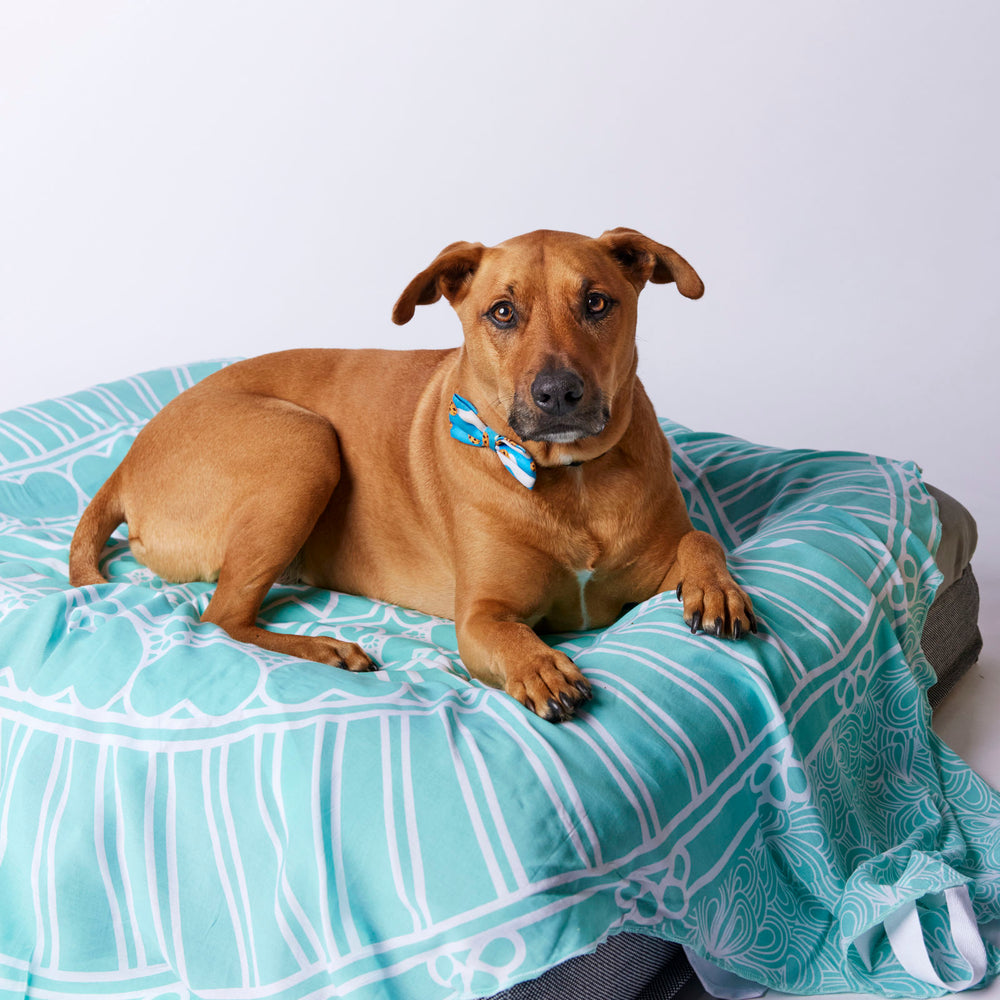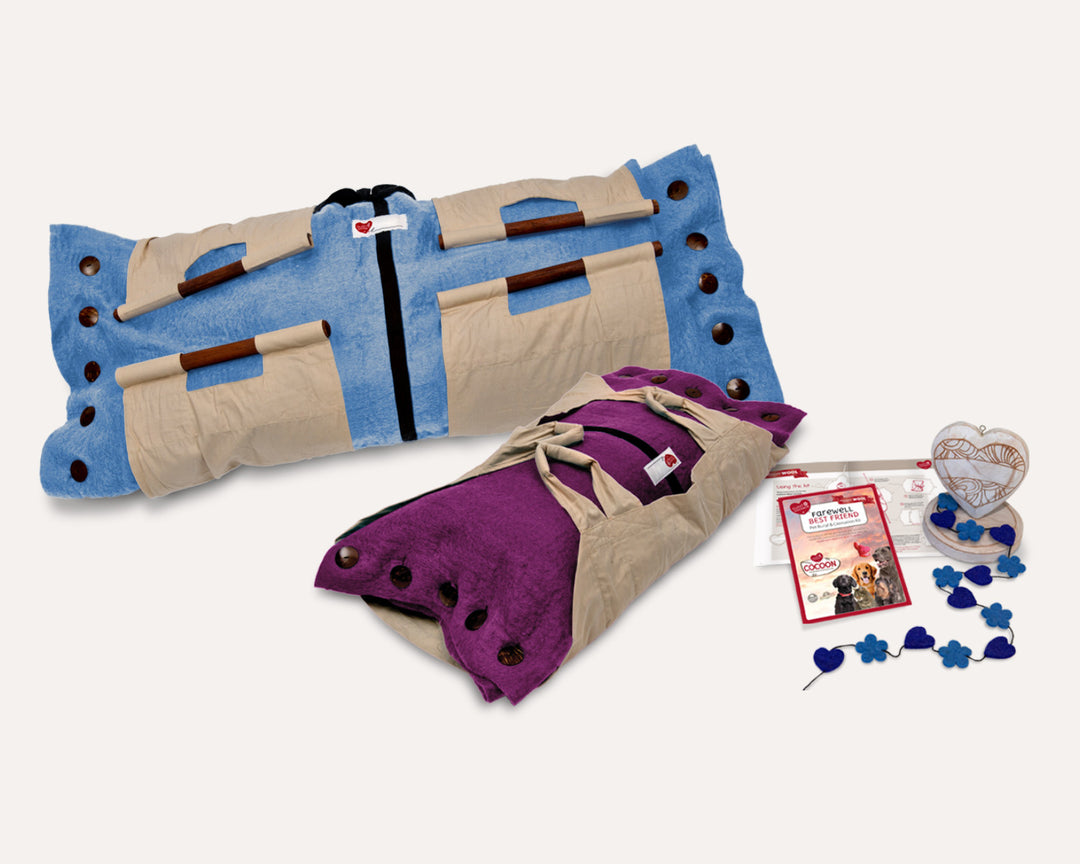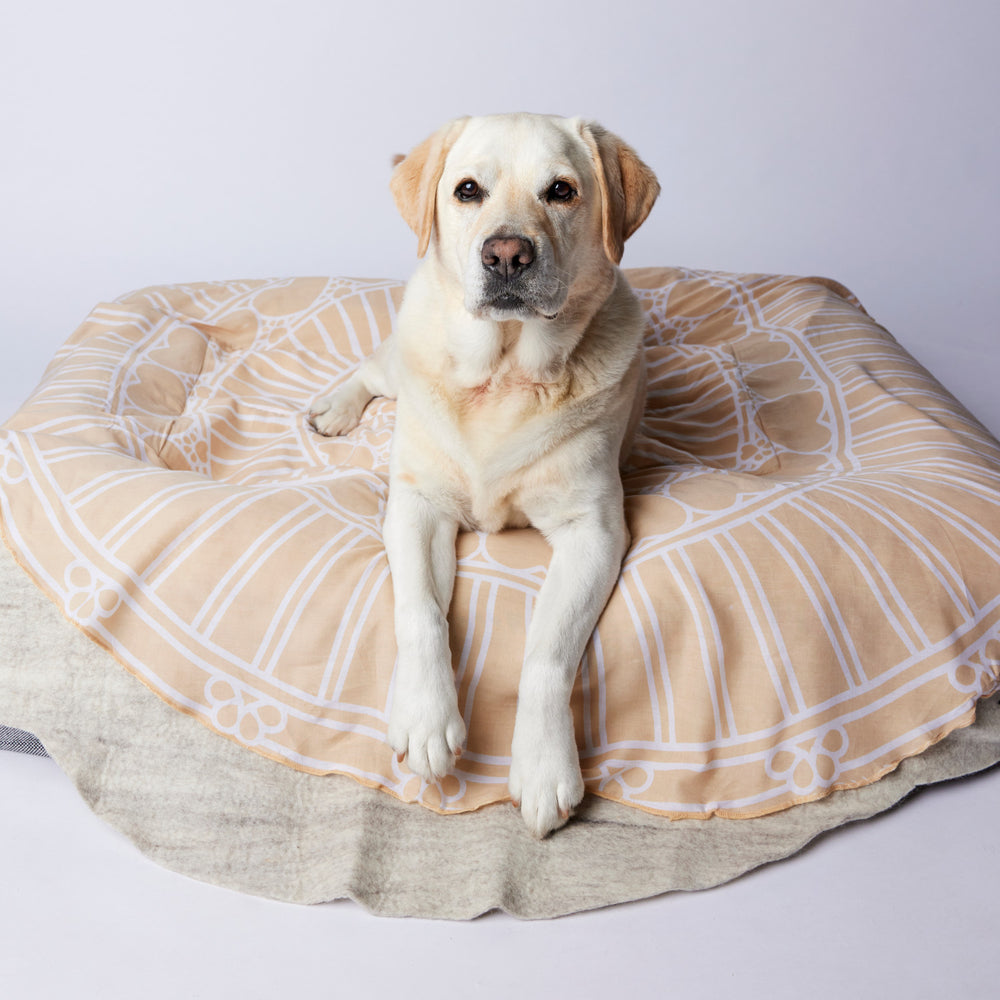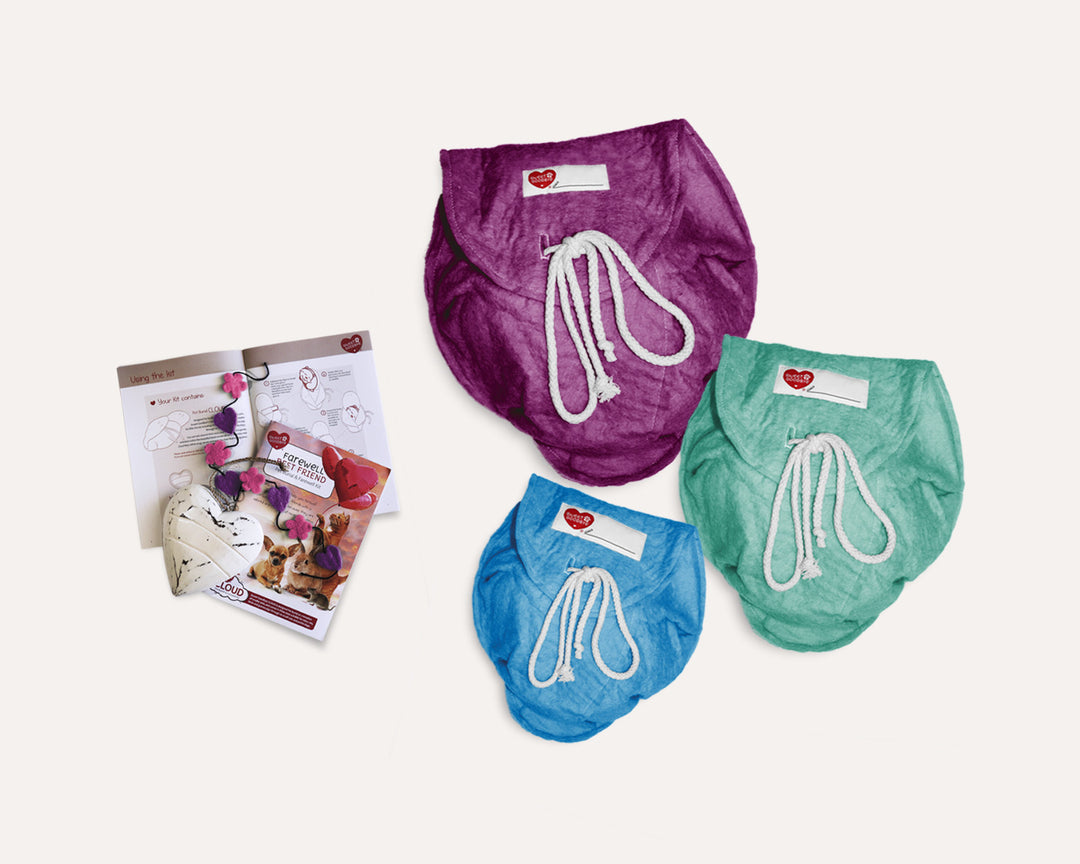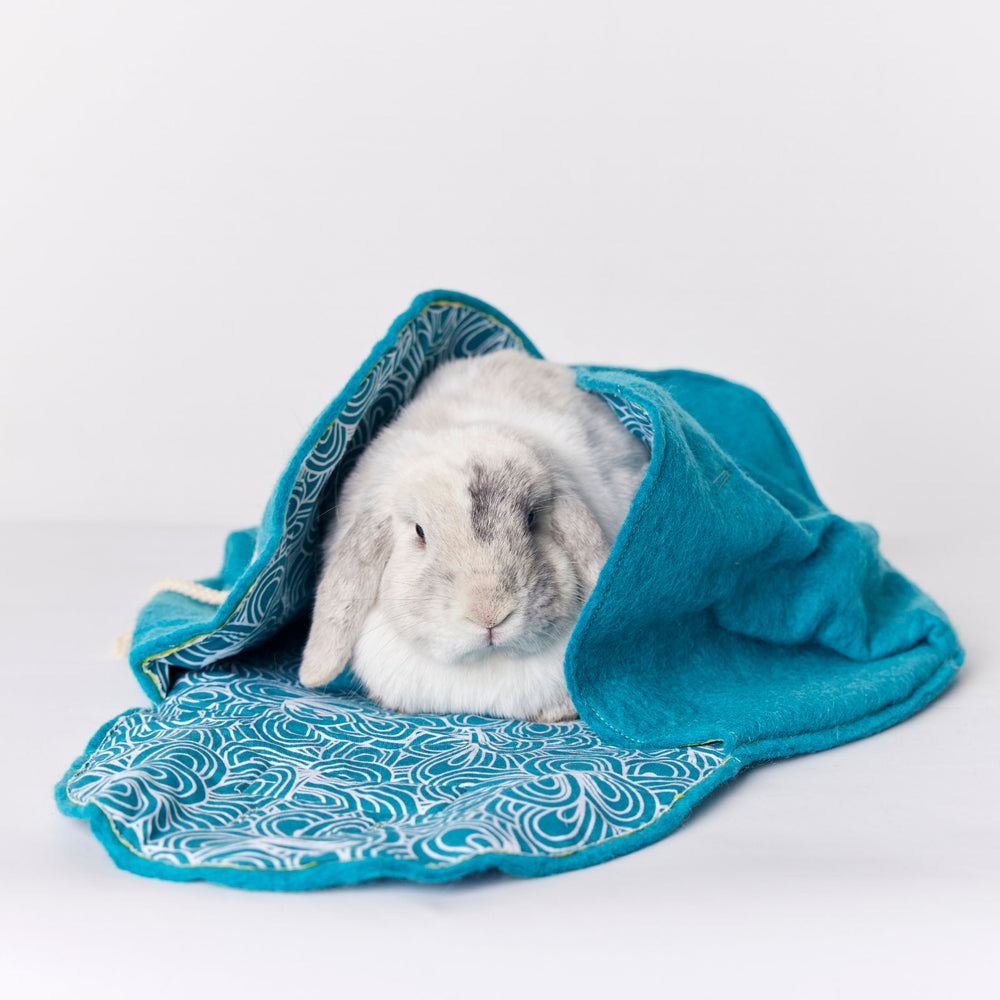Behind the Clinic Doors: A Candid Conversation with Veterinarian Dr. Tanya Rae

We sat down with Dr. Tanya Rae, a dedicated veterinarian practicing in Bunbury since 2004. From her early love for animals to her diverse career journey, Tanya's passion for animal care shines through. After initially exploring other medical fields, she returned to university to pursue her true calling - veterinary medicine. Now at the helm of a thriving practice in Dalyellup, Tanya has a unique perspective, not just on animal health, but on the emotional connections between pets and their owners. In our conversation, she reflects on her experiences working with everything from dogs and cats to birds and even dolphins, offering a glimpse into the complexities of veterinary care and the deep bond shared with the animals she treats.
Q: Tell me about what your life growing up with pets was like?
Tanya: I've always had animals. Apparently we had Labradors from when I was born and all the photos of me in Bassinets have a dog right next door looking after us, but the first one I remember was a stray that came into our yard when I was five or six and he stayed. So that was the beginning of our pet relationship. But my mother tells stories that all wild animals and even other people's animals, I would just run up and wrap my arms around them. And she was always worried that one was going to bite me or something like that, but they never did. So I was always very, very comfortable around all animals. So I don't know whether it’s because we always had them growing up or not, but yeah, it's always been a thing. So it wasn't a big leap.
Q: Did you have a favorite as you were growing up?
Tanya: Well, thankfully we didn't have too many. They lived nice long lives, but probably the first dog we had is the one I remember most, I guess. Adam- he came into our yard when I was about six or seven years old and my brother named him after his best friend at the time. He was a golden retriever, cocker spaniel cross we think. He went to the pound for three days, but no one claimed him so then he came back home and he was great. He was already very well trained and looked after us kids and that kind of thing. So it was a great introduction for a kid to look after animals. I think
Q:. You obviously had to deal with grieving the loss of a pet? Do you remember that process and what it was like as a child?
Tanya: Yeah, so we had Adam for six or seven years. He was already an adult. We dunno how old he was. And he ended up having throat cancer. I think he was about 13 when he went to sleep. He was under anesthetic when they found the cancer and my mom made the decision to have him put to sleep straight away rather than wake him up. And I guess that was so we missed out on that, but we were always taught very much that it's not our thing, it's about them. So if they're comfortable and that's the most appropriate thing for them and that's what you have to do. So that's how I've carried things through. It's not about us, although we have to grieve afterwards at that time. It's about them and we do whatever's right for them. So I think that's how I try and approach it with people as well.
Q: As a Vet you would have to deal with that a lot. Is there something that you found that works better or a way to do it? Or is everyone different and the animal's different?
Tanya: Everyone's different, but it's my job to advocate for the pet and I try to remind people that the grief process is going to be there whether you do it today or tomorrow or next week. So if it's appropriate for your pet to go to sleep earlier rather than later, I try and send them in that direction because I've had a lot of people come back if they've waited and your subconscious can convince you that they're fine for another day or another week, but in six months we're looking. In hindsight, it upsets people that they realize that they waited a little bit too long to make that decision. So I always encourage people to, if it's in the back of your mind that it's time then and act on that before. Yeah, it's too late.
Q: If I go back to the early days when you started veterinary, so you literally left school and then went into veterinary studies?
Tanya: Oh no, it was a longer road than that. I did a biology degree first with a separate honors research year in bird parasites. So that was four years. And then I went into paramedical professions. I was a sleep technologist and a respiratory technologist for five years, and then I went back to uni. So I'd done some of the medicine side of things. But yeah, definitely decided that humans weren't necessarily my thing. I wanted to definitely do animals. So thankfully I was accepted back in and another five years at uni.
Q: So being a Vet was not the first choice?
Tanya: Well it was, I decided probably in year 12 that that's what I wanted to do after my mum ran over the dog we had at the time. And I was probably more concerned about the dog than I was about my mother's hands - the dog had bitten her! But it was probably a bit late at that stage to put in a bit more effort into getting a better ATAR score, so I just took a sideways approach, I guess.
Q: What has been the most common pet that you've seen?
Tanya: Dogs still are the most common pet that we see. So 60 to 70% of clients have dogs and then 30% cats and then birds and other small fluffies rabbits and Guinea pigs and that kind of thing make up the rest of it. So dogs are definitely still the predominant pet, that's for sure.
Q: Is there a predominant thing that they come in to see you for?
Tanya: No -obviously we hope that most of the time it's just routine stuff, vaccinations and that kind of stuff. And for the first few years it mostly is. And then as they're getting older we have to deal with cancer, skin cancers and things like that. Having to manage those little things and dental disease, they don't brush their own teeth is a big thing as they get older as well. That's the most common stuff, but yeah, there's always weird and wonderful stuff every day.
Q: I think It's interesting that you've done the human side and now you're doing the animal side. Are there synergies?
Tanya: I think the main thing is regardless of dealing with being a vet and dealing with animals, you are predominantly dealing with the people. You are talking to them, you're asking them questions while you're examining their pets. So it was really useful to be in an area first where you are getting used to asking people questions and that kind of thing first. And then obviously it was less stressful graduating as a vet because then the most stress is looking at the animal, not dealing with the people. I know a lot of new grads have to do both things at once, and that's really stressful if you've not in worked at Maccas or anything like that where you've had to deal with people, the general public, just how to speak to people. It's a big change. So yeah, that was a really handy thing to have already done and I guess somewhat mastered before actually dealing with the pets.
Q: Has there been a particular experience that had some really profound impact on you?
Tanya: Every day you learn from various animals, little take home little things. They very much live in the moment, so they can very much teach you to try and do that too. I had a dog that I had to amputate its leg because it had cancer and I was there as it was waking up trying to take its first steps. You can almost see the cogs going. They try and put that leg down and it's not there anymore. And that's as much thought as they put into it. They don't sit and wallow, they don't think about it every day. They're just like the legs gone, I'll hop on the other three. And that's really cool to see and you should definitely take some lessons from that about just dealing with the here and now.
Q: Has there been any experience you've encountered where you just couldn't deal with it either emotionally or with the people or the pet or a combination of all of them?
Tanya: We tend to get a little bit probably angry with people, particularly in some cases when they should have brought their pets in sooner or they're aggressive with you because they want something done with their pet that you can't do. You have to try and take a step back and try and look at it from their point of view. I have learned that a lot of people are more aggressive about their pet's, I guess wellbeing when they feel guilty because they have left something a little bit too long or they know they should have made a decision prior and they haven't. So they get more anxious about you helping them when they finally do decide that it's something that they need to do, they've decided they need to do it right now. So I think being aware of, again, of the people side of things helps you navigate that whilst helping the animal at the same time.
Q: How do you deal with people who have lost their pets?
Tanya: It's culturally normal to grieve for family members, but not so much a pet. I mean, it's fine if the rest of your family have got pets and they're completely aware, but when your friends and family maybe don't have pets and they don't understand that bond that they have, they can be really dismissive of that sort of grief. And sometimes they just don't have anyone else around them. If they're an elderly person and this dog was their life and their social contact when they pass, it's really very sad. So I guess we are their first point of contact to steer them in a direction to try and help 'em deal with that. So yeah, it's an important point to try and look after them as well once they've made that decision and you have to do that.
Q: Do you think owning a pet can have wellbeing benefits?
Tanya: Yeah, I think they definitely can. It depends on the situation though. So I think at the moment, sometimes having a pet is also a bit of a hindrance for some people because if they're renting or they need to get another house and they have a pet, they are then torn with how do you negotiate life now that you have to look after another being, I guess. So it can also cause a lot of stress as well. But yes, by and large we do it because they enrich our lives and we like having them around. But yeah, obviously there's responsibility with that from day one.
Q: Do you have pets at home now?
Tanya: I have three cats and a dog, yes. And they're all rescues.
Q: So why did you choose rescues? Is there a reason that you choose rescues?
Tanya: I mean, given our job, they come to us generally speaking, and either their owners have abandoned them. Depending on the circumstances, most of them have come to us because they have been injured and the owners couldn't afford to fix them. And instead of putting them to sleep, we have decided to fix them with their own money and keep them because we didn't want to make that decision because we have to make that decision quite a lot. But sometimes you just choose to not do that and add to your brood instead.
Q: So is it becoming a bit more common? Do you think that people are abandoning their pets? The times are really tough for people at the moment. Are you seeing any changes?
Tanya: Yeah, the local rescues are overflowing with rehomes and there's always a cycle with people taking puppies that are cute and cuddly and then a year and a half, two years later, they've got an adult that they haven't potentially trained properly or they want to go on holidays and things like that. So there's always this cycle of re-homing. With Covid, it made it worse because lots more people got animals in covid. So we are now seeing those come around full circle in that cycle. So we see that from the rescues that they are at capacity they can't take anymore. I personally had to put down a couple of cats for a lovely lady that was moving into a caravan recently as she couldn't take them with her and they were older cats that the rescues aren't interested in because they can't really home them easily compared to kittens. So yeah, definitely it's a thing,
Q: What's the most unusual animal that you've had to treat?
Tanya: Well, wildlife is always interesting. One of the equine vets and I had to go out and certify a dolphin that was safe to be released one day. So she was in the passenger seat reading up on things that we needed to actually look for whilst we were checking this dolphin out. But we've had seals in and wedgetail the eagles, you name it, we see it. So yeah, everything's very interesting.
Q: Is there an animal that you'd particularly like to see that you haven't had a chance to yet?
Tanya: No. We get lots of wildlife in our clinic. So yeah, pretty much everything that's around we see. But no, I don't think, I've not seen anything that I'm hanging out to see as long as they're healthy and in the bush or in the wild, that makes me happy.
Q: Are there two really important things you should consider before getting a pet?
Tanya: Well, it depends on the pet, but if you have a dog, definitely spend that first six months, 12 months training them so that your life and their life is much more smooth going forward so that they can fit into your life and that everyone is, I guess, happy going forward and you're less likely to have issues. It's a big commitment for the first six to 12 months, but it makes everyone's life much happier for the rest of their life of the pet. And considering do you have time for that pet? If you are a person that really goes away on weekends and goes on holidays or is a FIFO worker where someone else is going to have to look after your pet, I'm not sure that that's the best plan unless you've got it already sorted out with another person to do a part-time pet situation, which I think can be a really great idea to share pets. But yeah, it's more just I guess committing to the life of that pet and it is a big commitment
Q: What do you think is the biggest challenge for upcoming vets?
Tanya: I guess being a mature age student as such, when I started I was much more aware of that human contact, whereas I think a lot of the younger generation don't appreciate that. So I think they struggle with that human contact and dealing with human psychology around pets and that kind of thing. So I think if you can work somewhere where you're actually dealing with conflict with people and emotions and things like that before you go embarking on a career where you're going to be seeing 20 plus people a day in their families and having to negotiate different emotions and that kind of thing. To be a little bit prepared for that I think is probably the best thing. I mean, you get trained to look after the animals, that's a given, but you don't get trained to negotiate humans.
A special thanks to Tanya for giving up her time to chat to us and sharing her insightful stories.





